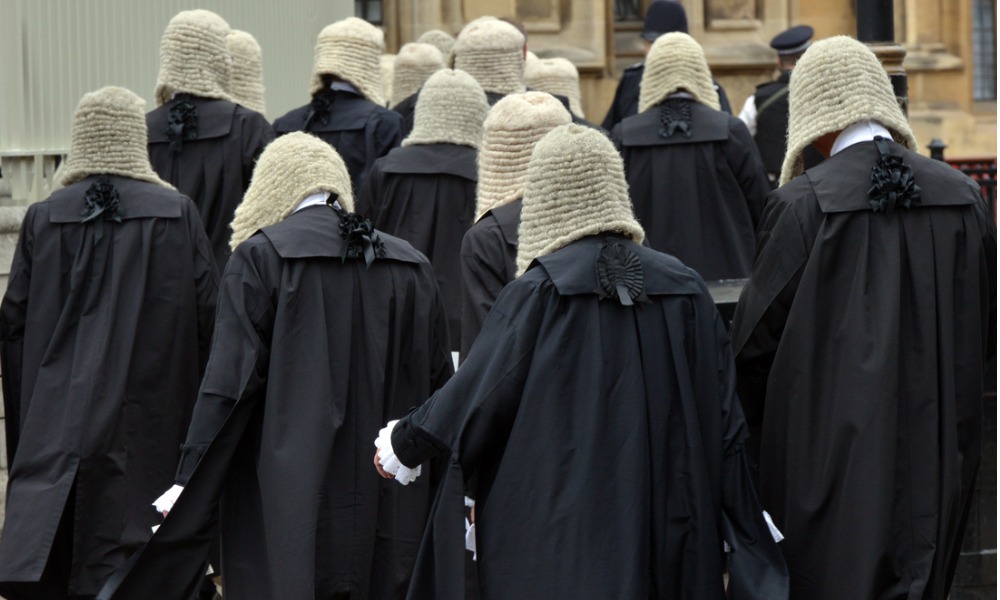
In the latest district judge recruitment campaign, only 49 out of 100 vacancies were filled

The Senior Salaries Review Body (SSRB) in the UK urged ministers to implement a 6 percent pay increase for judges to address a growing recruitment crisis, The Law Society Gazette reported.
The SSRB, which advises the government on public sector pay, highlighted "significant and persistent" issues in filling judicial vacancies in its annual report, noting that the situation has worsened over the past year.
The report revealed that in the latest district (civil) judge recruitment campaign, only 49 out of 100 vacancies were filled. While the recent recruitment drive for circuit bench judges was more successful, the quality of applicants is reportedly in long-term decline. The SSRB stressed that while pay is not the sole factor affecting recruitment, a 6 percent salary increase across all judicial roles could positively impact the situation.
The SSRB was cautious in noting that the blanket pay increase recommendation does not necessarily indicate that current salary levels are appropriate. More evidence is needed to make specific proposals for each judicial role. Surveys on the pre-appointment earnings of newly-appointed judges showed that most had taken significant pay cuts when leaving legal practice to join the bench. The Bar Council reported last year that self-employed KCs earn between £200,000 and £900,000 on average, highlighting the substantial pay reduction required for those considering a judicial career.
The SSRB also cited evidence that many judges feel overworked and underpaid for their responsibilities. The report noted widespread dissatisfaction among judges, particularly concerning the condition of the court estate, insufficient administrative support, and heavy workloads. Despite welcoming last year’s pay award, many judicial associations expressed frustration with the long-term decline in real pay and called for a reversal of this trend.
While the SSRB's recommendations are not automatically adopted by the government, they are expected to influence ministers' decisions on salary policy. Calls for increased judicial pay coincide with Chancellor Rachel Reeves outlining a series of spending cuts after the Treasury identified a "forecast overspend" of nearly £22 billion for this year.
Despite this fiscal constraint, the government has agreed to above-inflation pay rises for teachers and members of the armed forces. Junior doctors have also been offered a two-year pay deal worth an average of 22 percent. The SSRB’s recommendation for a 6 percent judicial pay increase now awaits the government's consideration amid these broader financial challenges.